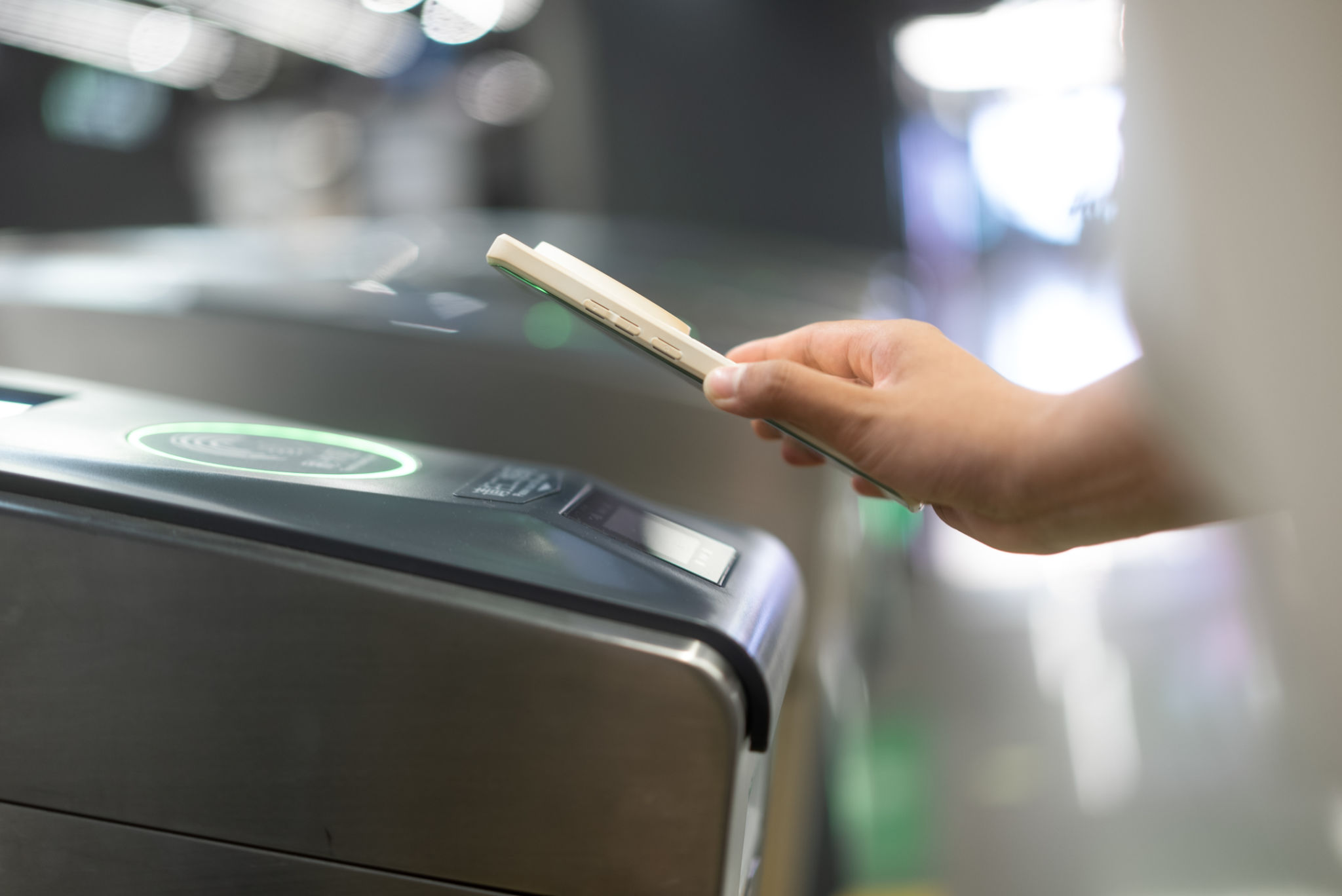The Future of Credit Card Processing: Trends to Watch
Introduction to the Evolving Landscape
The world of credit card processing is undergoing a significant transformation, driven by rapid technological advancements and changing consumer preferences. As businesses and consumers increasingly seek seamless and secure transaction experiences, understanding emerging trends in this sector is crucial. From enhanced security measures to the rise of digital wallets, these developments are reshaping how we think about payments.

Enhanced Security Measures
Security remains a top priority in credit card processing. In recent years, innovations like EMV chip technology have significantly reduced fraud at the point of sale. However, as cyber threats evolve, so must the solutions. Technologies such as tokenization and encryption are becoming more prevalent, ensuring that sensitive card information is never exposed during transactions.
Additionally, biometric authentication methods, such as fingerprint scanning and facial recognition, are gaining traction. These methods offer an added layer of protection by verifying the cardholder's identity before a transaction is approved.
The Rise of Contactless Payments
Contactless payments have seen exponential growth, especially in the wake of the COVID-19 pandemic. Consumers appreciate the convenience and speed offered by tapping a card or mobile device at checkout. As a result, businesses are increasingly adopting NFC (Near Field Communication) technology to accommodate this trend.

Digital Wallets and Mobile Payments
Digital wallets like Apple Pay, Google Wallet, and Samsung Pay are revolutionizing how people pay for goods and services. These platforms offer a seamless and secure payment experience by allowing users to store multiple credit cards digitally. The convenience of mobile payments is driving their popularity among tech-savvy consumers who prefer using their smartphones over traditional cards.
Moreover, integration with loyalty programs and personalized offers is enhancing the appeal of digital wallets, providing businesses with opportunities to engage customers more effectively.
Integration with Blockchain Technology
Blockchain technology is making inroads into the credit card processing industry, promising enhanced security and transparency. By utilizing decentralized ledgers, blockchain can help reduce fraud and streamline transaction verification processes. While still in its early stages, this technology holds significant potential for revolutionizing how transactions are recorded and validated.

Sustainable Payment Solutions
As environmental awareness grows, consumers are increasingly interested in sustainable payment options. Some credit card issuers are responding by offering biodegradable cards or cards made from recycled materials. Additionally, payment processors are exploring ways to reduce their carbon footprint by optimizing data centers and promoting digital receipts over paper ones.
Businesses that prioritize sustainability in their payment solutions can not only reduce environmental impact but also attract eco-conscious consumers.
The Impact of Artificial Intelligence
Artificial intelligence (AI) is playing a pivotal role in shaping the future of credit card processing. AI-driven analytics can identify spending patterns and detect anomalies that may indicate fraudulent activity. This proactive approach to fraud prevention is helping to safeguard consumer data and build trust in digital payments.
Furthermore, AI is enhancing customer service by enabling chatbots and virtual assistants to handle payment inquiries and disputes efficiently.
Conclusion: Preparing for the Future
The future of credit card processing is bright, with innovations poised to deliver greater security, convenience, and sustainability. Businesses that stay ahead of these trends will be better equipped to meet the evolving needs of their customers. As technology continues to advance, embracing these changes will be key to thriving in the ever-evolving payments landscape.

